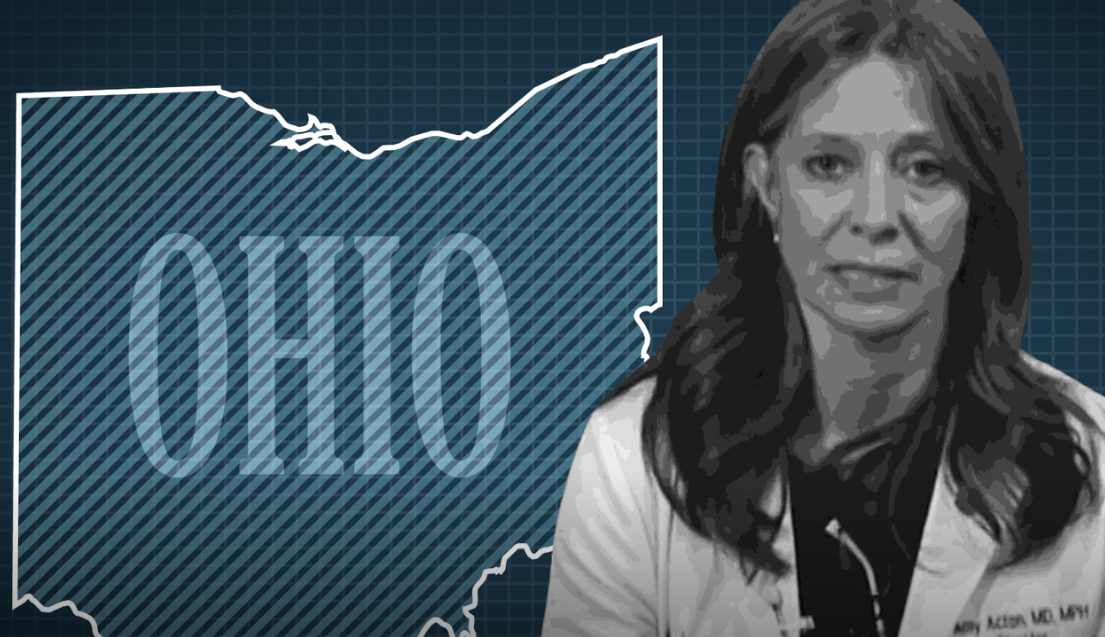


Leadership in Action – Dr. Amy Acton, Director of Ohio’s Department of Health
By Bruce Hennes, Hennes Communications
Dr. Amy Acton is Director of the Ohio Department of Health. As such, she stands side-by-side with Ohio’s Governor Mike DeWine for the daily 2:00 briefing on COVID-19. Unlike so many politicians that bob, weave, waffle or try to simply command authority and obedience, Dr. Acton speaks of vulnerability and empowerment with brutal honesty and inspiration, using words that, in this case, are saving lives.
The New York Times recently profiled Ohio’s Medical Director, Dr. Amy Acton. As this short video shows, Dr. Acton utilizes leadership skills directly out of the “Pandemic Playbook.” You can see that video here.
To expand on this subject, there’s a right way to give bad news, manage expectations and provide leadership, as Dr. Acton so vividly shows in the New York Times video referenced above.
Whether you’re talking about the lives of the citizens of your particular state — or the employees and direct reports who work for you in your own business, nonprofit or government agency — there are immutable do’s and don’ts. For instance, in perilous times, you must avoid:
- Mixed messages. In a crisis, people don’t want to “just pick one” of many messages. They want the best one or the right one to follow.
- Information released late. If your stakeholders expect an answer from your organization about something that is answerable and you won’t provide it, or direct them to someone who can, they will find answers that may or may not be true (probably on social media).
- Paternalistic attitudes. “Don’t worry – we have this covered” doesn’t work today. Help your stakeholders reach their own conclusions by providing them with the information that helped you reach your own conclusions. Treat stakeholders like intelligent adults…and they will almost-always act like intelligent adults.
- Not countering rumors in real time. Make sure you have a system in place to monitor what’s being said by your stakeholders and the media so you can react in real time to misinformation. That’s especially important in order to avoid “confirmation bias,” which is the tendency for people to believe what they already believe.
There are five communications steps that can lead to success:
- Execute a strategic communications plan (that assumes you have one).
- Be the first source for information. Reason #1: the public often uses the speed of information flow in a crisis as a marker for your preparedness. In today’s age of social media, you must be prepared to not only do the right thing, but you must also be able to tell people while it’s happening that you’re doing the right thing. And reason #2: the first message people receive usually carries more weight.
- Express empathy early. Empathy is the ability to understand what another human being is feeling. Empathy means talking from the heart and relating to fellow human beings as fellow human beings, not victims or casualties. Research shows that an expression of empathy should be given within the first 30 seconds of starting any messaging, otherwise you risk employees or stakeholders not listening to anything else you’re saying.
- Remain open and honest. Bad news doesn’t get better over time. The faster you give up bad news the better, because holding back implies guilt and arrogance.
- Don’t make promises you can’t keep. I don’t think this one needs any further explanation.
Your messages to stakeholders in a crisis must be:
- Simple – Frightened people don’t want to hear big words.
- Timely – Frightened people want information now.
- Accurate – Frightened people won’t get nuances, so give it to them straight.
- Relevant – Answer their questions and give action steps.
- Credible – Empathy and openness are key to credibility.
- Consistent – Change messaging only when there’s a real necessity to do so.
We are in the midst of a great societal change, one that will become seared in our collective memories and the memories of our descendants. And while I personally think that the situation is likely to get worse before it gets better, it’s absolutely my belief that we will recover. And when we do, we’ll have leaders like Dr. Amy Acton to thank.